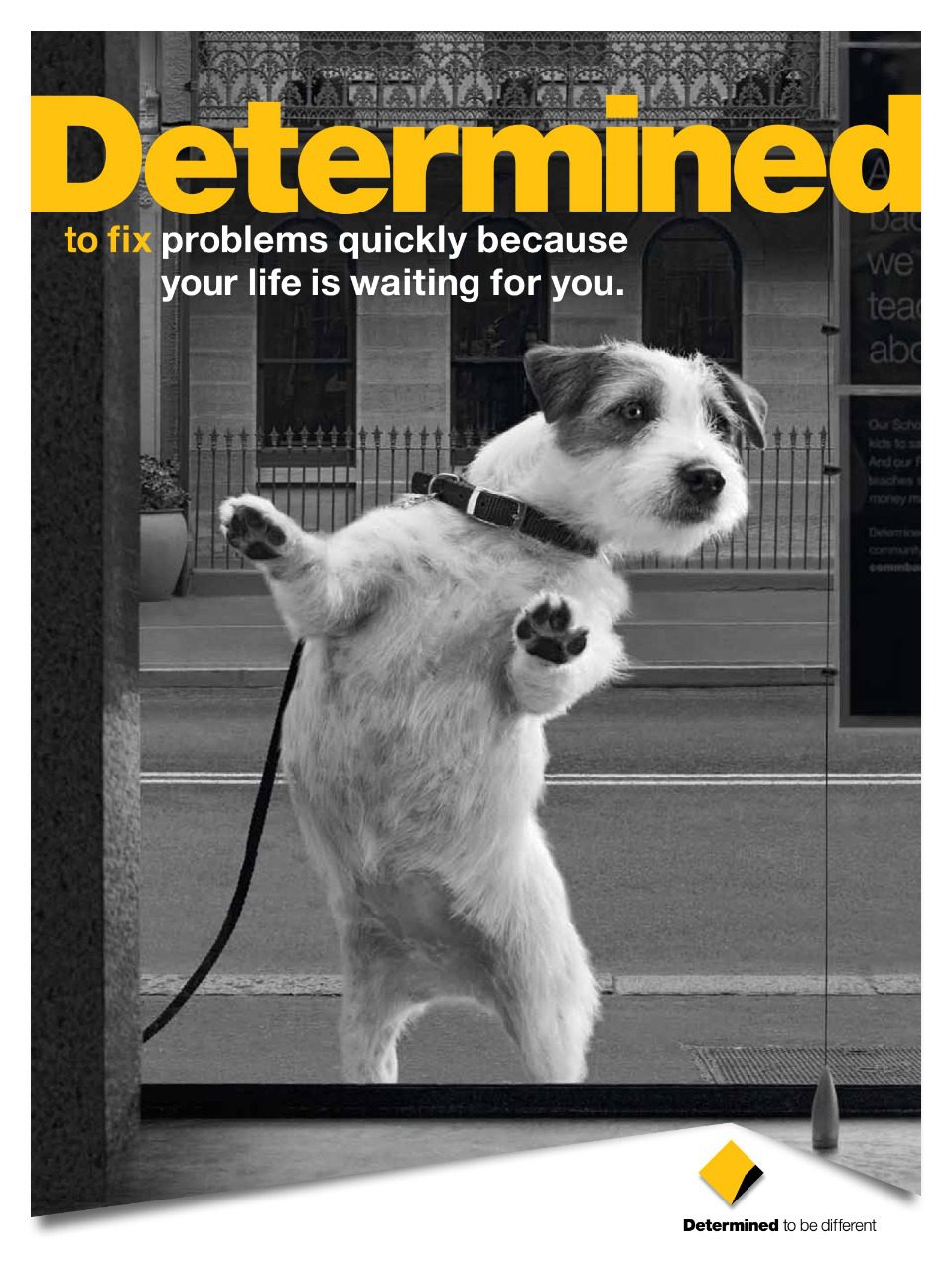In the ever-evolving landscape of international relations, the bond between the Gulf Cooperation Council (GCC) and the European Union (EU) stands as a crucial axis of cooperation and dialogue. Over recent years, this partnership has seen significant strides, marked by intensified engagements and institutional developments. However, amidst these advancements, formidable obstacles persist, underscoring the complex nature of diplomatic relations in a rapidly changing world.
At the heart of the GCC-EU relationship lies the Strategic Partnership Document proposed by the EU in May 2022. This visionary framework outlines key areas of collaboration, spanning trade and investment, environmental sustainability, regional security, humanitarian aid, governance, and institutional cooperation. Embodying a commitment to mutual prosperity and stability, the document provides a roadmap for deepening ties between the two entities.
One notable area of progress is the enhancement of institutional relations. The convening of the 27th GCC-EU Joint Council and Ministerial Meeting in Muscat exemplifies this trend, alongside the establishment of various mechanisms for structured dialogue and cooperation. From regional security talks in Riyadh to high-level forums in Luxembourg, these initiatives underscore a shared commitment to addressing common challenges and fostering regional stability.
Integral to this progress has been the concerted efforts of high-level officials from both sides. European leaders, including Commission President Ursula von der Leyen and Council President Charles Michel, have made frequent visits to the Gulf, signaling a commitment to strengthening ties across diverse policy domains. Likewise, the appointment of Luigi Di Maio as the EU Special Representative for the Gulf region has facilitated constructive engagement and dialogue, paving the way for deeper collaboration.
Yet, amidst these positive developments, significant challenges loom large on the horizon. The recent conflict in Gaza laid bare the complexities of EU-GCC relations, highlighting disparities in policy priorities and responses. While Europe’s initial stance garnered criticism from Gulf states, subsequent calls for a ceasefire underscored the need for greater alignment and coordination in addressing regional crises.
Moving forward, the upcoming EU-GCC high-level forum in Luxembourg holds promise as a platform for charting a common path forward. However, true progress will hinge upon tangible action across a range of fronts outlined in the Strategic Partnership Document. From revitalizing free trade negotiations to bolstering energy and climate cooperation, the agenda is vast and multifaceted, demanding sustained commitment and collaboration from both sides.
Crucially, the relationship between the GCC and EU must transcend rhetoric, translating shared interests into concrete outcomes that benefit both parties. This necessitates a nuanced understanding of evolving dynamics in the Gulf region and a willingness to adapt strategies accordingly. Only through genuine dialogue and cooperation can the GCC and EU navigate the complexities of contemporary geopolitics and forge a path towards enduring partnership and prosperity.
While strides have been made in strengthening GCC-EU relations, formidable challenges persist, underscoring the need for sustained commitment and collaboration. As the two entities navigate the complexities of a rapidly changing world, the path ahead must be guided by mutual understanding, respect, and a shared vision for a stable and prosperous future.
The post Advancements and obstacles in GCC-EU relations appeared first on BlitZ.

















